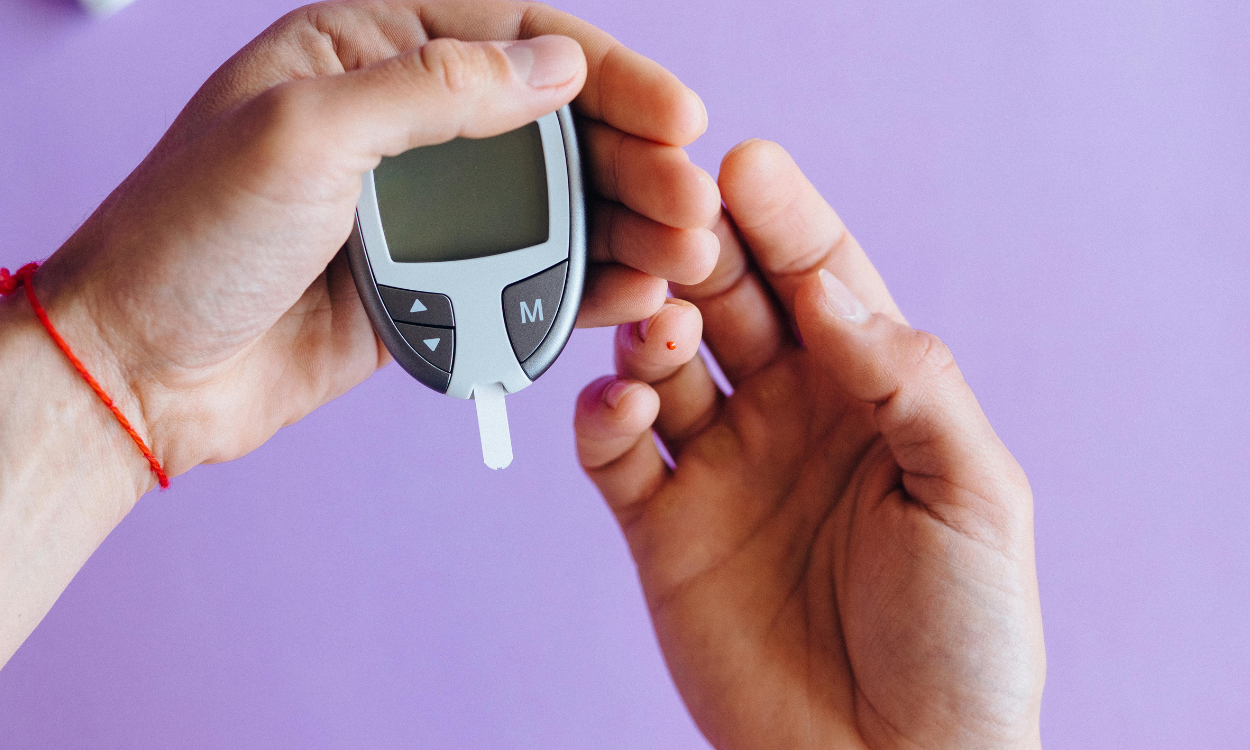Superfoods for Your Heart for Maintaining optimal heart health is crucial for overall well-being, and one of the most effective ways to support your cardiovascular system is through heart-smart eating. Incorporating nutrient-rich foods into your diet can significantly impact your heart health, reducing the risk of heart disease and enhancing overall vitality. This article delves into the concept of heart-smart eating and highlights the best nutrient-rich foods to include in your diet for optimal heart health.
Table of Contents

Understanding Heart-Smart Eating
Heart-smart eating refers to adopting a dietary approach that prioritizes foods known for their beneficial effects on heart health. This involves focusing on nutrient-rich foods that can help lower cholesterol levels, reduce blood pressure, and support a healthy weight—key factors in preventing heart disease. By incorporating a variety of heart-smart foods into your daily meals, you can take proactive steps towards maintaining a healthy heart.
The Importance of Nutrient-Rich Foods
Nutrient-rich foods are packed with vitamins, minerals, and antioxidants that are essential for maintaining a healthy heart. These foods help reduce inflammation, combat oxidative stress, and support various bodily functions that contribute to cardiovascular health. When practicing heart-smart eating, it’s important to focus on these nutrient-dense options to maximize the benefits for your heart.
Key Nutrient-Rich Foods for Heart Health
- Leafy Greens
Leafy greens such as spinach, kale, and Swiss chard are integral to heart-smart eating. These vegetables are rich in vitamins A, C, and K, as well as folate and fiber. They help lower blood pressure, reduce cholesterol levels, and improve overall cardiovascular health. Incorporating leafy greens into your diet can support heart health by providing essential nutrients that promote healthy blood vessels and heart function.
- Berries
Berries, including strawberries, blueberries, and raspberries, are exceptional for heart-smart eating. They are high in antioxidants, particularly flavonoids, which have been shown to improve heart health by reducing inflammation and lowering blood pressure. The fiber content in berries also helps manage cholesterol levels, making them a valuable addition to any heart-healthy diet.
- Fatty Fish
Fatty fish such as salmon, mackerel, and sardines are vital for heart-smart eating due to their high content of omega-3 fatty acids. These healthy fats are known to reduce triglyceride levels, lower blood pressure, and decrease the risk of heart disease. Omega-3s also have anti-inflammatory properties, which contribute to overall cardiovascular health.
- Nuts and Seeds
Nuts and seeds, including almonds, walnuts, chia seeds, and flaxseeds, are excellent choices for heart-smart eating. They provide healthy fats, fiber, and various essential nutrients that support heart health. For instance, almonds are rich in vitamin E and magnesium, while flaxseeds are an excellent source of alpha-linolenic acid (ALA), a type of omega-3 fatty acid.
- Whole Grains

Whole grains like oats, quinoa, and brown rice are fundamental to heart-smart eating. Unlike refined grains, whole grains retain their bran and germ, providing more fiber and nutrients. The fiber in whole grains helps regulate blood sugar levels and lower cholesterol, contributing to better heart health.
- Legumes
Legumes, such as beans, lentils, and chickpeas, are powerhouse foods for heart-smart eating. They are rich in protein, fiber, and various vitamins and minerals that promote cardiovascular health. The high fiber content in legumes helps manage cholesterol levels and improve overall heart function.
- Avocados
Avocados are another key component of heart-smart eating. They are packed with monounsaturated fats, which are beneficial for heart health. These healthy fats help reduce bad cholesterol levels and increase good cholesterol. Additionally, avocados provide potassium, which is important for maintaining healthy blood pressure.
- Tomatoes
Tomatoes are a rich source of lycopene, a powerful antioxidant that contributes to heart-smart eating. Lycopene has been linked to a reduced risk of heart disease by lowering cholesterol levels and reducing inflammation. Incorporating tomatoes into your diet can enhance heart health and provide essential nutrients.
- Beets
Beets are beneficial for heart-smart eating due to their high content of nitrates, which help improve blood flow and lower blood pressure. They also provide antioxidants and fiber, supporting overall cardiovascular health. Including beets in your meals can contribute to better heart function and reduced risk of heart disease.
- Dark Chocolate
Dark chocolate, in moderation, can be part of heart-smart eating. It contains flavonoids, particularly epicatechin, which have been shown to improve heart health by reducing blood pressure and enhancing blood flow. Choosing dark chocolate with a high cocoa content ensures you’re getting the maximum benefits.

Tips for Incorporating Heart-Smart Foods into Your Diet
- Plan Balanced Meals: Aim to include a variety of heart-smart foods in each meal. For example, pair leafy greens with fatty fish or whole grains with legumes to create balanced, nutrient-rich dishes.
- Snack Wisely: Choose heart-healthy snacks such as a handful of nuts, a bowl of berries, or a serving of avocado on whole-grain toast. Avoid processed snacks high in saturated fats and sugars.
- Cook with Healthy Oils: Use olive oil or avocado oil in your cooking to add healthy fats to your diet. These oils are rich in monounsaturated fats that support heart health.
- Experiment with Recipes: Explore new recipes that feature heart-smart ingredients. Try incorporating legumes into soups, adding nuts to salads, or making smoothies with leafy greens and berries.
- Monitor Portion Sizes: While nutrient-rich foods are beneficial, it’s essential to consume them in appropriate portions. Overeating, even healthy foods, can lead to weight gain, which can negatively impact heart health.






One thought on “Superfoods for Your Heart: Important Guidance for Eat for a Stronger Cardiovascular System”